Sleeping in your car is a common practice for many, especially long-distance travelers, road trippers, or those seeking a temporary, budget-friendly place to rest. If you’re planning to sleep in your vehicle in Ohio, it’s important to understand the state laws, city ordinances, and practical realities that govern where and when this is allowed. Here’s a comprehensive look at the legal landscape, where you can and can’t sleep, potential risks, and tips for staying safe and compliant.
Understanding Ohio’s Laws on Sleeping in Your Car
Ohio does not have a statewide ban on sleeping in your car. Generally, sleeping in your vehicle is legal if you’re parked in a safe and lawful location with the property owner’s consent. However, the practicality and legality can change dramatically depending on where you choose to park overnight.
Where Is It Legal to Sleep in Your Car in Ohio?
- Ohio Rest Areas: You are permitted to sleep in your car overnight at designated highway rest areas, including those on the Ohio Turnpike. There are no official state-imposed limits on how long you can stay as long as you are present with your vehicle. The only restriction is a three-hour maximum for leaving your car unattended—meaning, if you’re inside and present, you can stay overnight without issue. This is intended to encourage drivers to rest and prevent fatigued driving, a major cause of accidents.
- Private Property: If you have the express permission of the property owner, you may sleep in your car on private land. This includes your own driveway, a friend’s property, or a business parking lot that allows overnight parking.
- Truck Stops and 24-Hour Retailers: Many truck stops (such as Love’s, Pilot, Flying J) and some large retailers (like Walmart) allow overnight parking, but policies can vary by location. Always check for posted signs or ask management before settling in for the night.
- Campgrounds and State Parks: Ohio’s state parks and campgrounds permit overnight stays, but you typically need to register and pay a fee for a designated campsite. Primitive camping (tents, RVs, or car camping) is allowed in certain areas, but you must follow park rules and use designated spots.
Where Is It Illegal or Problematic to Sleep in Your Car in Ohio?
- City Streets and Public Roadways: Many Ohio cities have ordinances against overnight parking on public streets, especially in residential and business districts. For example, some municipal codes prohibit parking between certain hours (e.g., 3 a.m. to 5 a.m.) without a permit, and sleeping in your car during these times could result in a ticket or being asked to move along. Always check local signage and city regulations.
- Public Parks and Beaches: Many cities prohibit camping or sleeping overnight in public parks, beaches, or other public grounds. For instance, Port Clinton explicitly bans overnight sleeping in city parks.
- Private Parking Lots Without Permission: Shopping centers, grocery stores, and other private lots often have “No Overnight Parking” signs. Violating these rules can lead to trespassing citations or towing.
- Unattended Vehicle: Leaving your car unattended for more than three hours at a rest area is against Ohio rules. If you’re present, you’re fine; if you leave your car and wander off, you risk a citation.
- Living in Your Car: Using your vehicle as a long-term living space on public property is generally prohibited. If you’re caught “living” in your car (as opposed to just resting overnight), you may face fines or other penalties.
Local Ordinances and Practical Considerations
Laws can vary significantly by city and county. Major Ohio cities such as Cleveland and Cincinnati have additional restrictions on overnight parking, especially on public streets. Sleeping in a legally parked car overnight in these cities can result in fines over $100, with penalties increasing for repeat offenses. Always check local parking regulations and posted signs to avoid unexpected tickets.
Rest area rules also differ. While overnight sleeping is allowed at Ohio Turnpike service plazas, it may not be permitted at all rest stops across the state. Be sure to confirm the rules for the specific rest area where you plan to stop.
DUI and Sleep: A Critical Distinction
Sleeping in your car can be risky if you’ve been drinking. Ohio law considers you in “physical control” of a vehicle if you’re in the driver’s seat with access to the keys, even if the engine is off. If you’re over the legal blood alcohol limit, you could be arrested for DUI/OVI (Operating a Vehicle Impaired), regardless of whether the car is moving. To minimize risk, sleep in the back seat, keep the keys out of the ignition, and avoid any appearance of being able to operate the vehicle while intoxicated.
Police may knock on your window out of concern. Officers have discretion to check on your well-being, especially if you’re parked in an unusual location. They might ask you to move along or, if you appear to need help, refer you to local services.
Where Can You Sleep in Your Car in Ohio? A Quick Guide
| Location | Legal to Sleep? | Notes/Requirements |
|---|---|---|
| Ohio Turnpike Rest Areas | Yes | Overnight allowed, no strict time limit if present |
| Other Ohio Rest Areas | Usually | Check local rules; some may not allow overnight stays |
| Private Property | Yes (with permission) | Must have owner’s consent; avoid trespassing |
| Truck Stops/24-Hour Retailers | Sometimes | Check with management; look for posted signs |
| State Parks/Campgrounds | Yes (with permit) | Register and pay for a campsite; follow park rules |
| City Streets | Rarely | Many cities ban overnight parking; check local laws |
| Public Parks/Beaches | No | Most cities prohibit overnight stays |
| Walmart Parking Lots | Sometimes | Ask management; not all locations allow it |
Tips for Safe and Legal Car Sleeping in Ohio
- Choose Your Spot Wisely: Stick to designated rest areas, private property with permission, or established campgrounds. Avoid residential streets and areas with “No Overnight Parking” signs.
- Check Local Regulations: Ohio’s laws are relatively permissive compared to some states, but local ordinances can be strict. A quick online search or call to the local police non-emergency line can save you trouble.
- Be Discreet and Respectful: Don’t draw attention to yourself. Keep your car tidy, avoid loud noises, and move on promptly in the morning.
- Know Your Rights: If you’re approached by law enforcement, remain calm and polite. Explain you are resting due to fatigue, not living in your vehicle.
- Avoid DUI Risks: Never sleep in the driver’s seat if you’ve been drinking. If you must rest, use the back seat and keep keys out of the ignition.
- Plan Ahead: If you’re traveling long distances, research rest areas, truck stops, and campgrounds along your route.
Conclusion
Sleeping in your car in Ohio is generally legal if you choose the right location and follow the rules. The state supports rest stops for safety, and private property owners can grant permission for overnight stays. However, city ordinances, local parking regulations, and practical realities mean you must be cautious where you park. Always check for signs, ask for permission when on private property, and avoid situations that could lead to DUI charges or unwanted attention from law enforcement.
Being informed, respectful, and discreet will help ensure your overnight rest is both safe and legal. Whether you’re a weary traveler, an adventurous road tripper, or facing temporary housing challenges, understanding Ohio’s laws about sleeping in your car is essential for a hassle-free experience.
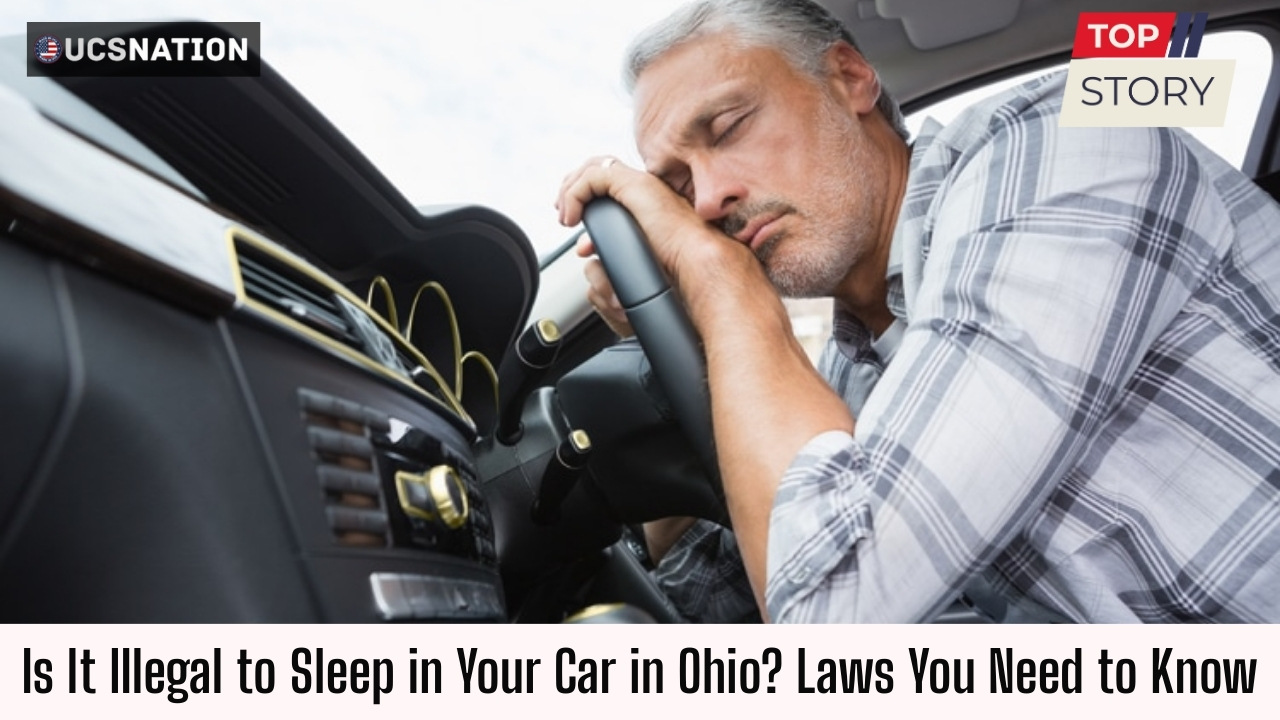


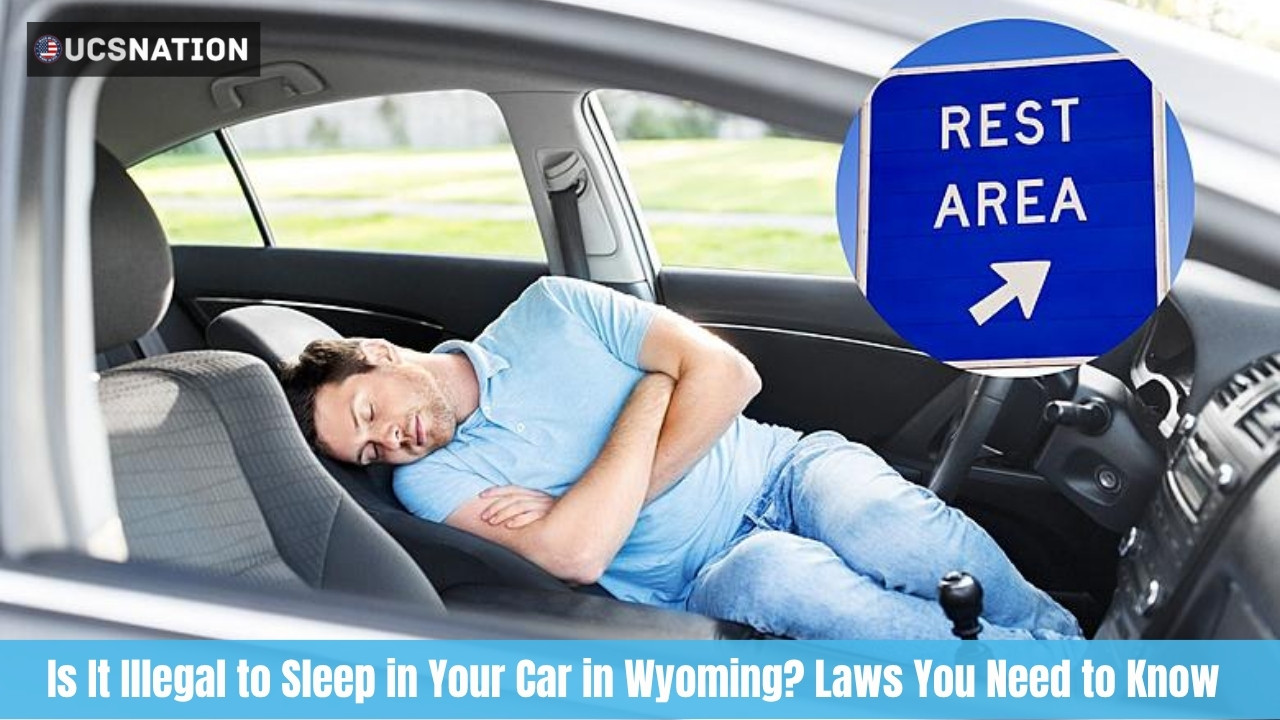
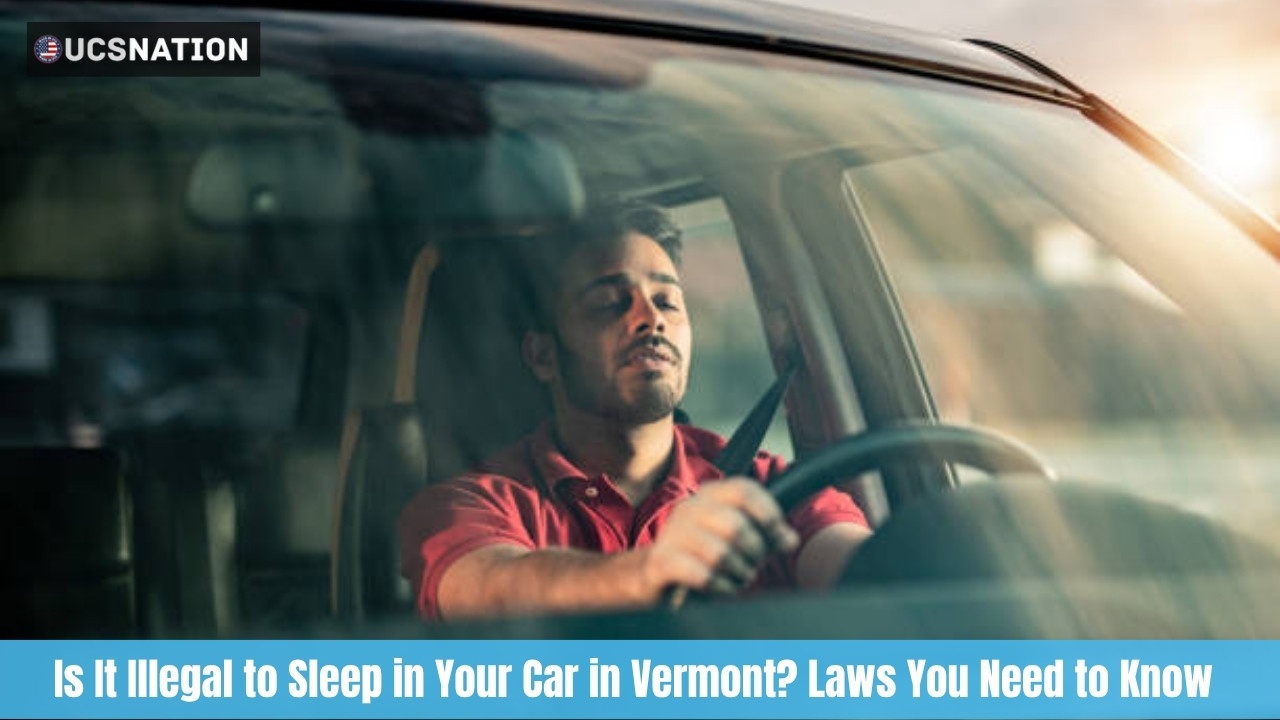
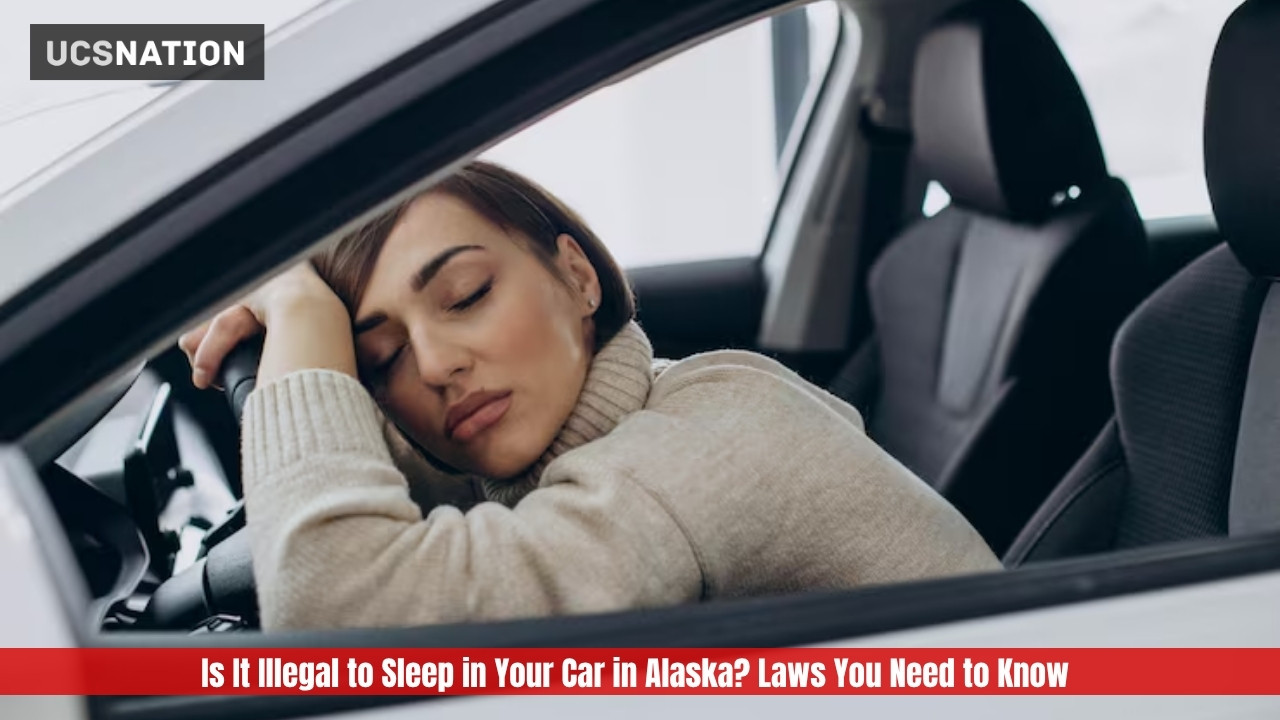
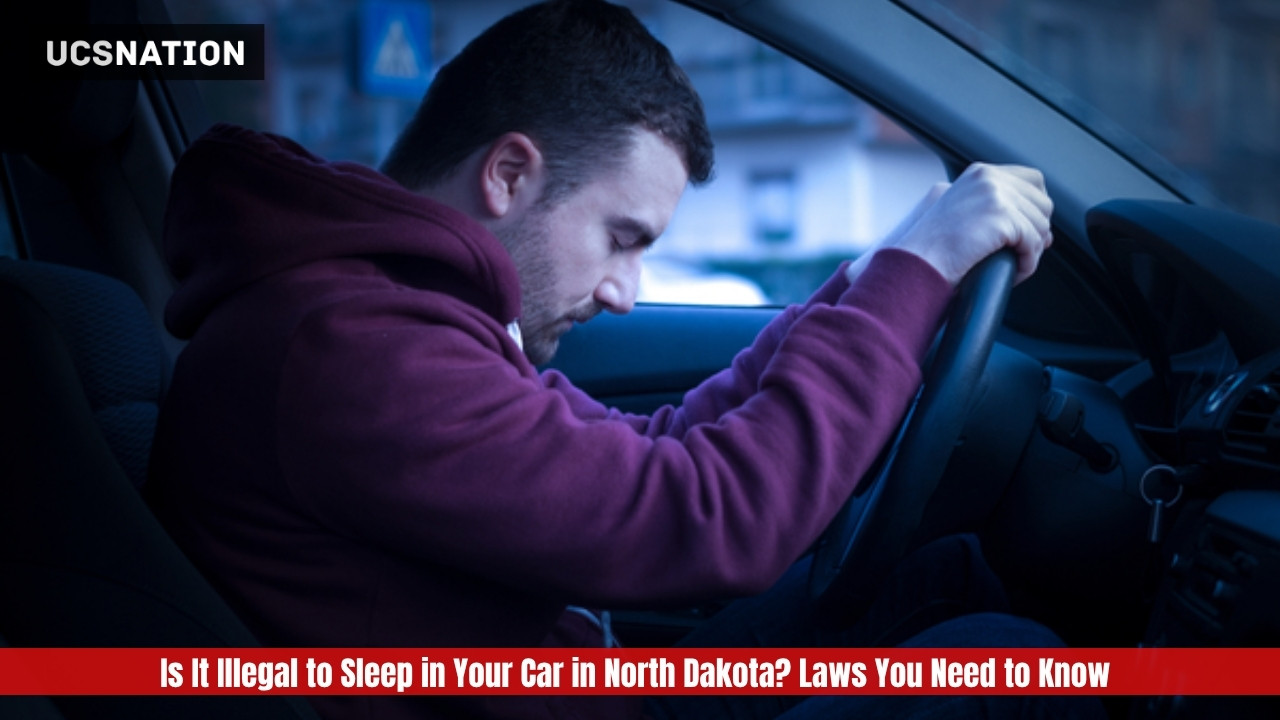
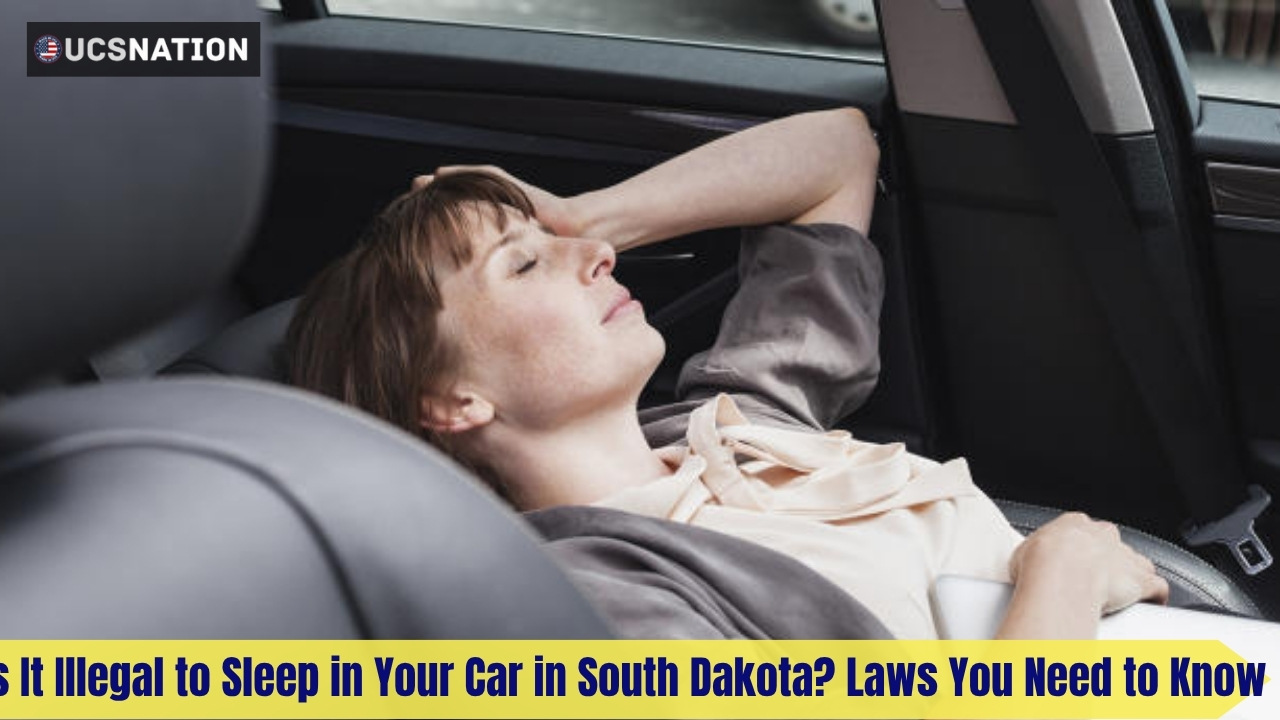

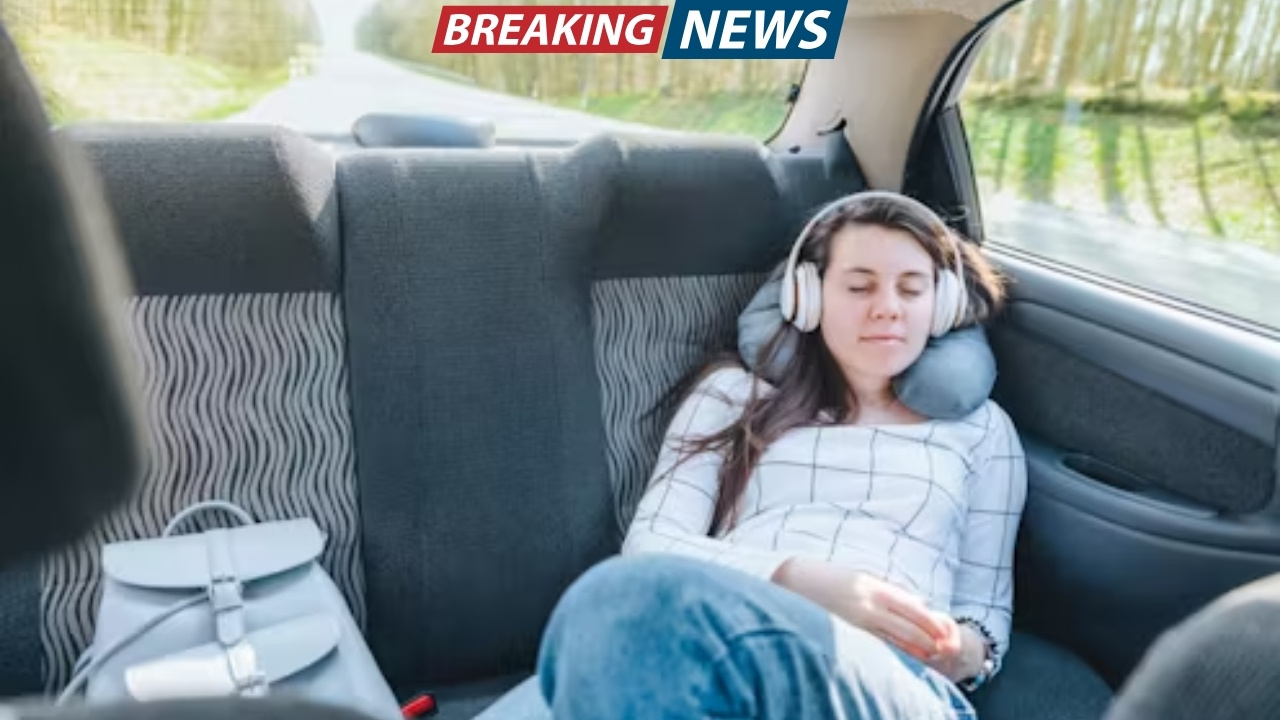
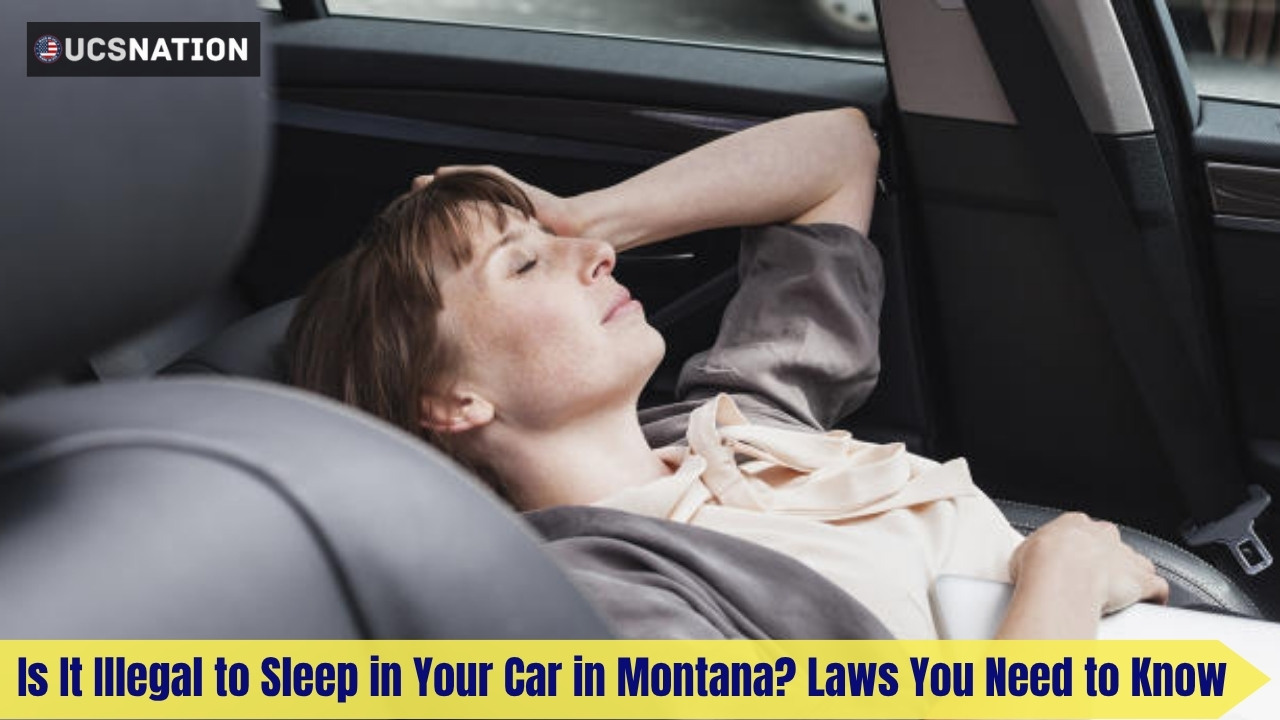




Leave a Reply